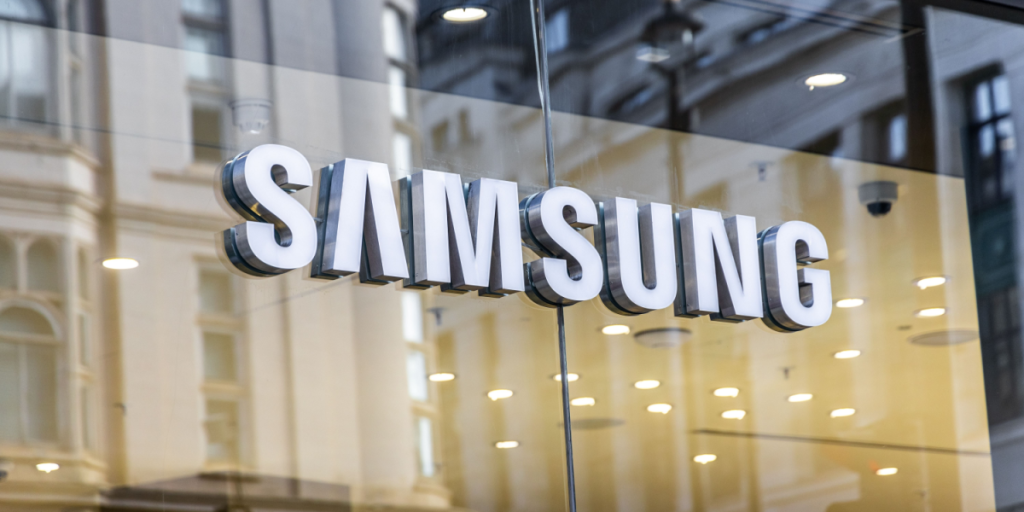A sharp supply squeeze in high-performance memory chips is reshaping negotiations across the data-infrastructure sector.
Others are reading now
A sharp supply squeeze in high-performance memory chips is reshaping negotiations across the data-infrastructure sector.
This month, Samsung moved decisively to reprice some of its most in-demand server components — signaling just how tight the market has become.
Sudden Price Surge
According to exclusive reporting from Reuters, Samsung Electronics increased prices on selected DDR5 memory modules by as much as 60% compared with September. Two people familiar with the pricing decisions told the outlet that the company even delayed its usual October contract guidance before announcing steeper terms in November.
These chips are crucial for servers powering AI data centers, and the renewed rush to secure supply has driven an aggressive round of renegotiations. The surge is now filtering into other categories, raising the prospect of higher production costs for devices such as smartphones and laptops.
Tobey Gonnerman, president of semiconductor distributor Fusion Worldwide, told Reuters: “Many of the largest server makers and data center builders are now accepting that they won’t get nearly enough product. The price premiums being paid are extreme.”
He said the South Korean firm’s 32GB DDR5 contract prices jumped from $149 in September to $239 this month.
Also read
Broad Impact Across Devices
DDR5 memory, used in servers, PCs and various consumer devices, handles high-speed data transfers that support performance-intensive computing. Reuters reports that Samsung raised prices of 16GB and 128GB DDR5 modules by roughly 50%, bringing them to $135 and $1,194 respectively. Prices for 64GB and 96GB variants climbed more than 30%.
A second source briefed by Samsung confirmed the price increases but requested anonymity since the information is not public. Samsung declined to comment, Reuters added.
The resulting scramble has triggered what analysts describe as panic buying, as firms move to lock in supply before prices climb further.
Ripple Effects in Asia
China’s top contract foundry SMIC told Reuters that the memory shortage has already caused some clients to delay orders for other chip categories, disrupting production plans across electronics lines. Meanwhile, smartphone manufacturer Xiaomi recently warned that inflated input costs were raising the price of building phones.
The shortfall, however, has benefited Samsung. Reuters notes that the company has lagged competitors in producing advanced AI chips, which initially kept its profits from soaring as quickly as rivals’. But its stronger position in memory — and slower pivot toward specialized AI components — has given the company unusually high pricing power.
Also read
Jeff Kim, head of research at KB Securities, explained that smaller players such as SK Hynix and Micron have had less leverage during the latest round of negotiations.
Expectations for 2026 and Beyond
TrendForce analyst Ellie Wang told Reuters that Samsung is likely planning contract-price increases of 40%–50% for the October–December quarter, outpacing an industrywide average of about 30%. “They are really confident that the price is going to increase. And the main reason is that now the demand is really strong, and everyone is working on long-term agreements with the suppliers,” she said.
Those agreements, Wang explained, extend well into 2026 — and in some cases cover both 2026 and 2027 — signaling that buyers expect high prices and tight supply to persist.
As the race to build AI data centers accelerates, the pricing power shift toward Samsung may continue, reshaping the competitive landscape for memory suppliers in the years ahead.
Source: Reuters


